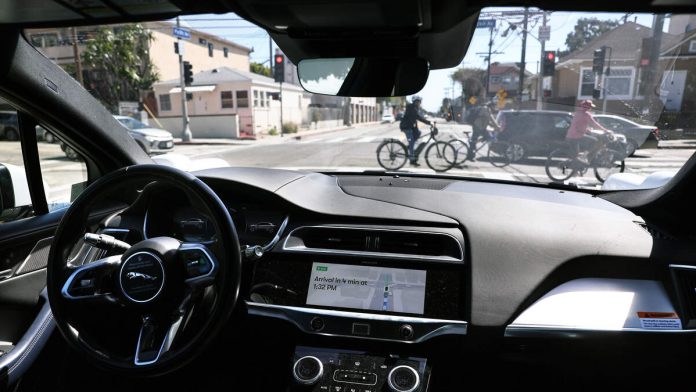Over the summer, Riley Walz, a 23-year-old software engineer and self-described “tech prankster,” orchestrated a unique stunt involving Waymo’s driverless cars in San Francisco. Walz and his team of participants ordered 50 Waymo rides simultaneously to converge on the city’s longest dead-end street. The event, which Walz dubbed the “world’s first Waymo DDoS,” was a playful nod to distributed denial-of-service attacks, where systems are overwhelmed with traffic to disrupt operations.
According to Walz’s post on X, formerly known as Twitter, the self-driving cars arrived but were not boarded by anyone. After approximately 10 minutes, the vehicles left, charging each participant a $5 no-show fee. Walz noted that Waymo responded by temporarily disabling all rides within a two-block radius until the following morning.
The prank drew mixed reactions online, with some expressing amusement and others raising concerns about potential legal implications. As reported by Futurism, some users pointed out that such an act could be considered a felony under current computer access and abuse laws.
While the prank was intended as a lighthearted joke, it highlighted the ongoing debates surrounding the integration of autonomous vehicles into urban environments. As driverless technology continues to evolve, incidents like this showcase the diverse public perceptions and potential challenges facing the industry.

Recent Comments